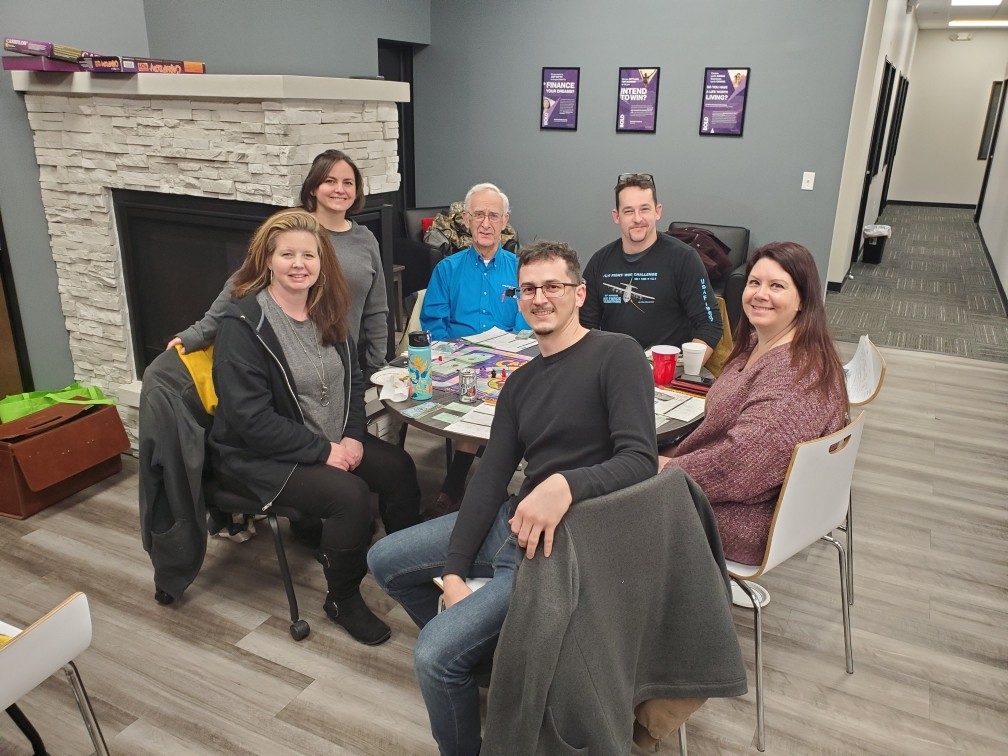
Are you ready to break free from the 9-to-5 grind and build a life of financial freedom?
Join us for Cashflow 101, an interactive board game experience that will teach you the secrets to escaping the "rat race" and building wealth through real estate and business ownership.
What is Cashflow 101?
Cashflow 101 is a board game designed to simulate real-life financial situations. Players learn about income streams, investing, risk management, and the power of financial education.
At this event, you will:
- Learn key financial concepts: Understand how income, expenses, and assets work together to build wealth.
- Develop investing strategies: Explore different investment options, including real estate, stocks, and businesses.
- Identify your financial weaknesses: Discover areas where you can improve your financial habits and make smarter decisions.
- Network with like-minded individuals: Connect with other entrepreneurs, investors, and those seeking financial freedom.
- Have fun! Cashflow 101 is an engaging and entertaining way to learn about personal finance.
Read More...